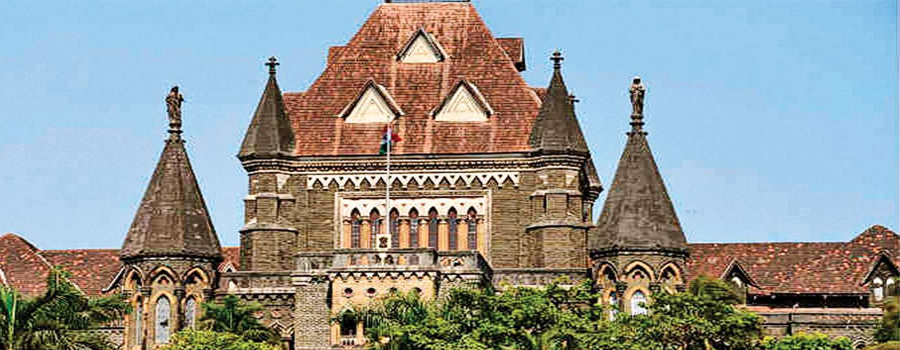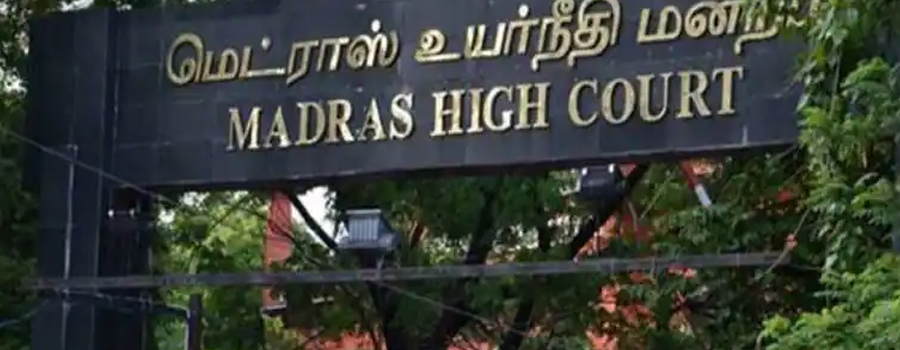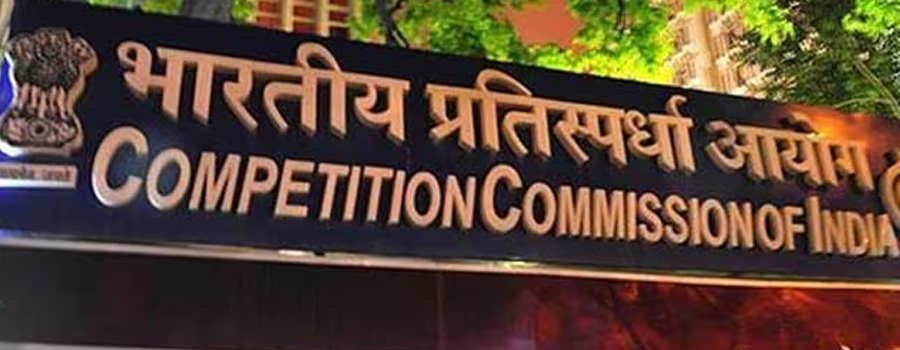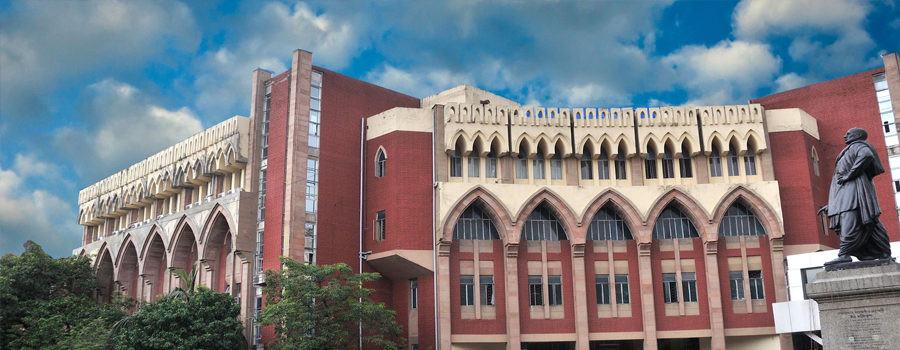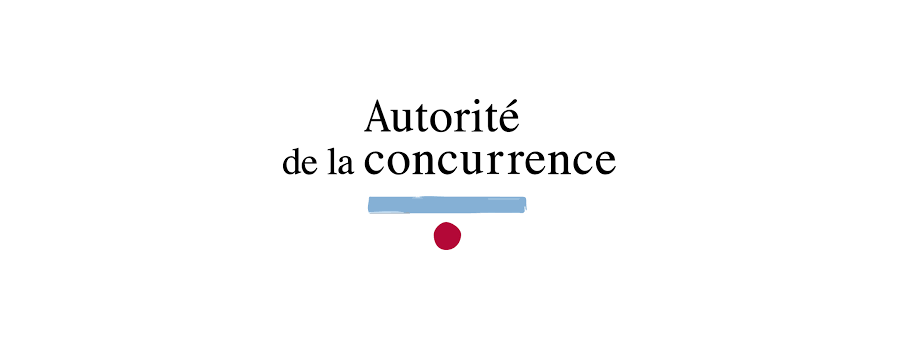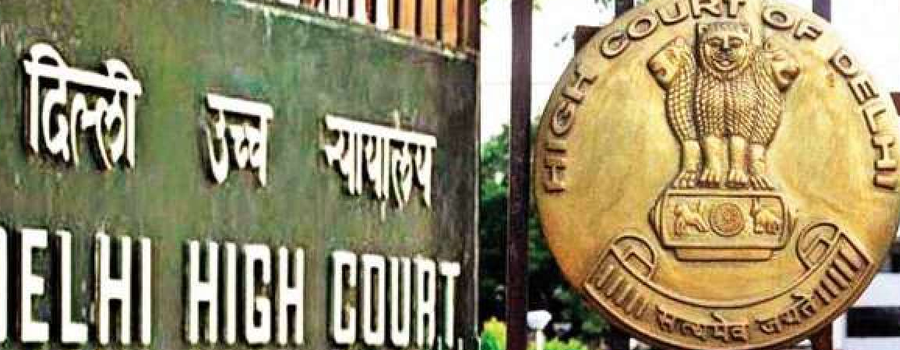
A Division Bench of Delhi High Court (Delhi HC) has upheld the order passed by the Single Judge holding that services rendered by advocates are professional activities and cannot be taxed under the category of business establishment or professional establishment. The Delhi HC was dealing with issue of levy of property tax on the premises which was used as a law office. Delhi HC while noting that rule of strict interpretation applies for taxation statute has held that “insofar as the statute has not included “professional activity” of lawyers as “commercial activity” the former cannot be put to tax.”



